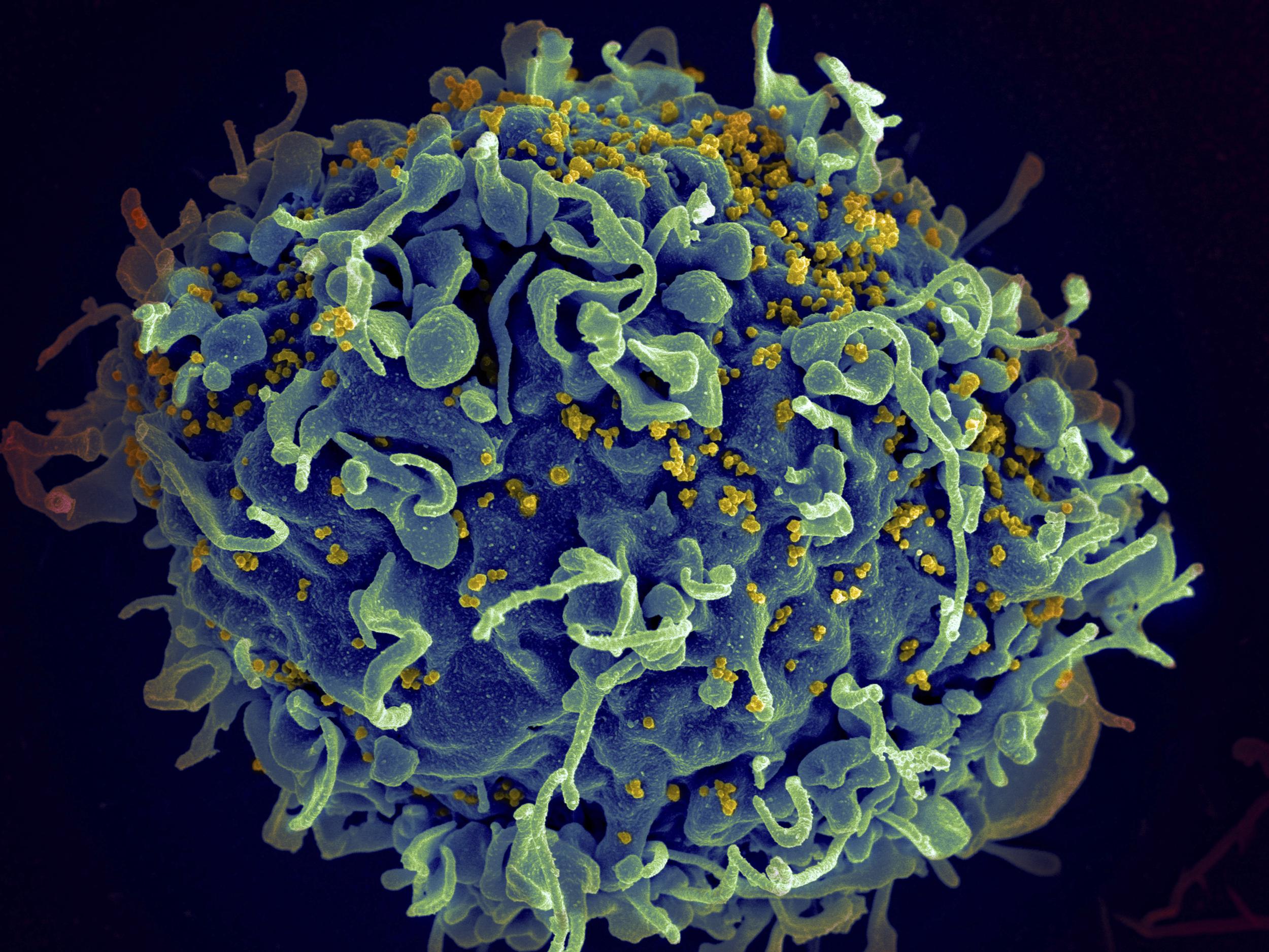Why a British man being 'cured' of HIV wasn't front page news in the UK
There are many reasons a story doesn't get the billing it deserves


The highest accolade for a news story is to earn a place on the “front page”.
Even though the shift online has removed the space restrictions – and often the physical pages – editors still have to make a decision about what should get pride of place on the paper, bulletin, app or home page the next day.
This decision has always been more art than science. But there are some stories you feel are guaranteed a spot on the front.
The news that a British man appears to have been “cured” of HIV after a bone marrow transplant, showing no signs of the virus after 18 months, seemed like such a story.
It is only the second reported case in history (the first case, Timothy Ray Brown, known as the “Berlin patient”, was “cured” 12 years earlier). Furthermore the case happened in London, on Fleet Street’s doorstep.
But as the news broke on Tuesday morning it wasn’t to be seen in any UK paper, and in Wednesday’s editions the story only gained a small corner on the front page of The Daily Telegraph. Though it was covered in depth inside, on the TV bulletins, social media and webpages.
The case of the anonymous “London patient” had been due to be reported at an international conference and in the leading scientific journal Nature on Tuesday evening.
For reasons too convoluted for this piece, that means it was trailed to journalists under an embargo so they could digest the study, speak to the scientists and get the facts as straight as possible.
But some publications jumped the gun, and UK science and health correspondents woke on Tuesday to find the story they had been expecting to spend a large chunk of their day on had already been covered.
Happily the vast majority of reporting was sober and sensible – the reality is this “cure” will not be suitable for the millions with HIV and some journalists recalled this point being lost when the Berlin patient was first reported.
But for all the London patient story’s strengths, editors couldn’t really ignore the one crucial detail which will always be the biggest decider of a news story’s worthiness for the front page – it wasn’t new.
Yours,
Alex Matthews-King
Health correspondent
Join our commenting forum
Join thought-provoking conversations, follow other Independent readers and see their replies
Comments